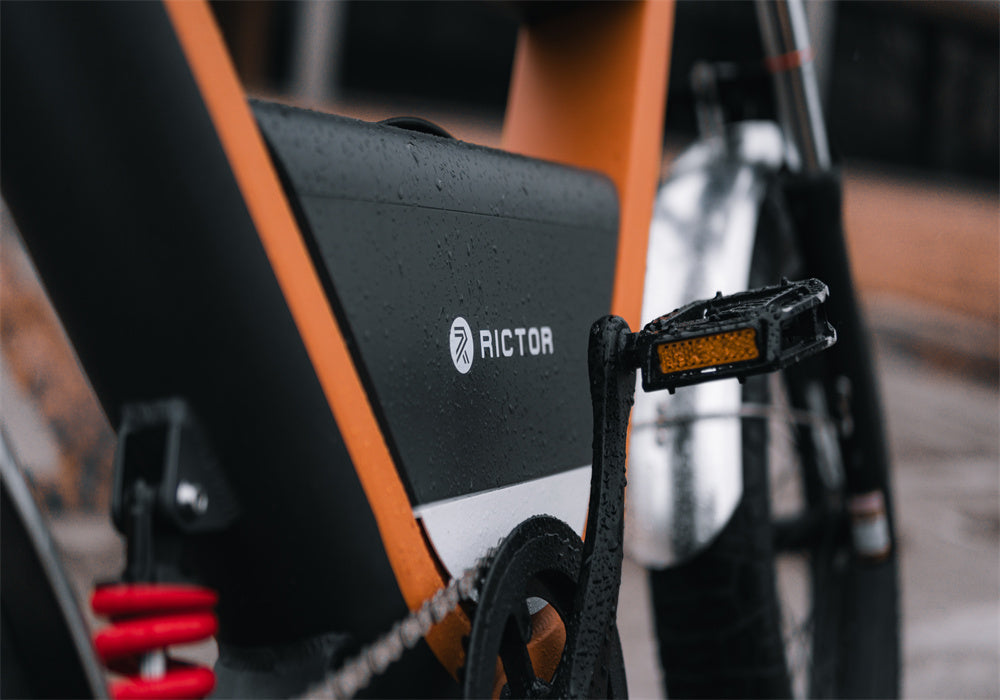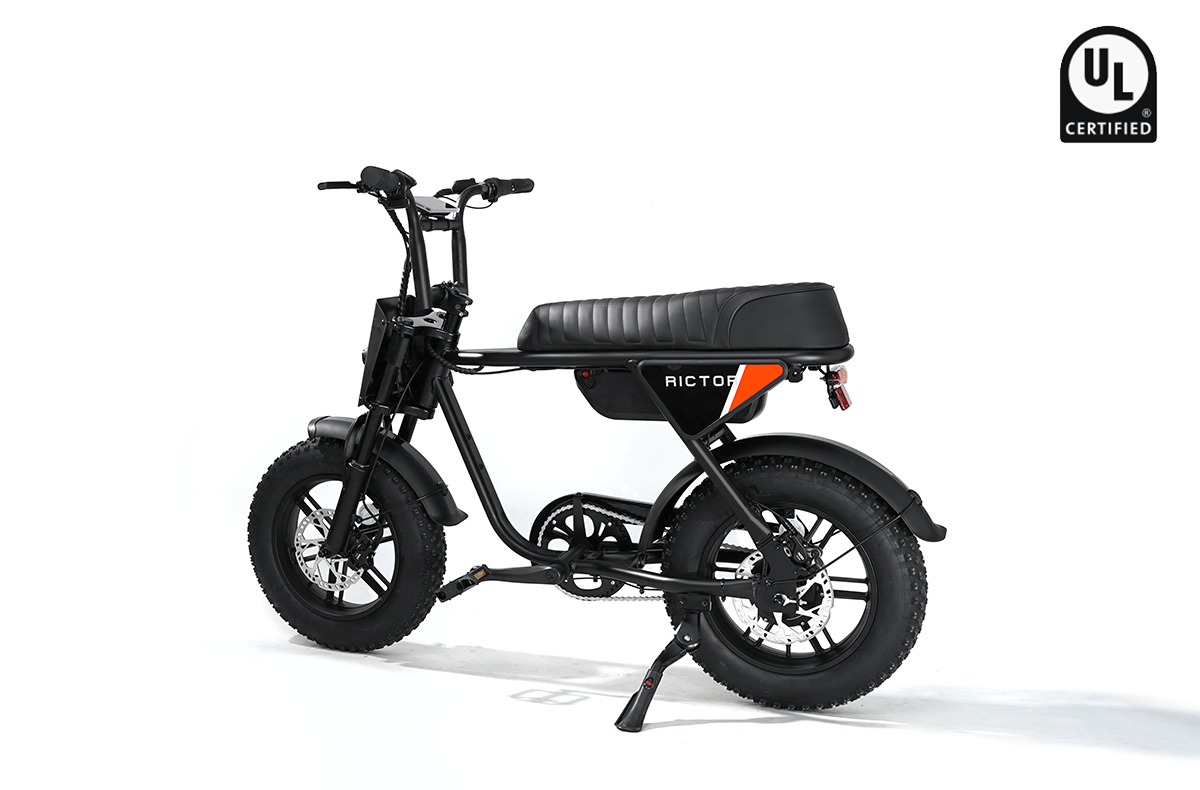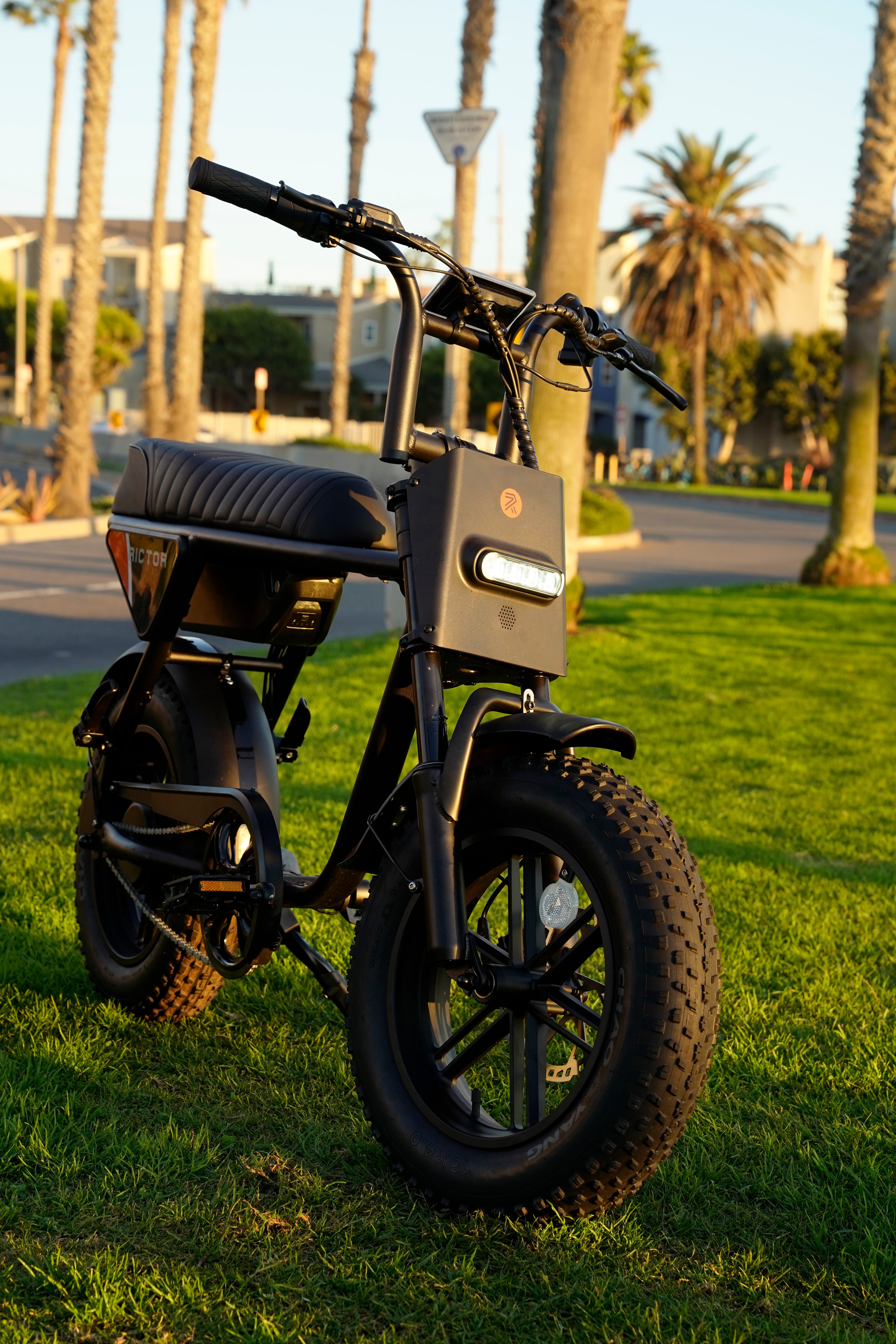
Impact of Trump's 104% Tariffs on Chinese Electric Bikes
President Trump's announcement of a massive 104% tariff on Chinese imports will dramatically reshape the American e-bike market. With Chinese manufacturers dominating global production, these unprecedented tariffs threaten to increase prices, disrupt supply chains, and potentially create new opportunities for domestic and third-country manufacturers.
Tariff Increases and Price Impact
President Trump's new tariffs will dramatically increase the cost of Chinese electric bikes in the US market. The 104% tariff represents a massive jump from the previous average rate of about 20.8% under the Biden administration. This means that tariffs on Chinese e-bikes will increase by more than five times their current level.
For consumers, this translates to substantial price increases. A Chinese electric bike that previously sold for $1,000 could now cost over $2,000 with the new tariffs applied. Entry-level models that were available for $500-$700 could jump to $1,000-$1,400. This price increase will be particularly noticeable because Chinese e-bikes have traditionally been the most affordable options on the market.
Additionally, Chinese e-bikes that entered the US market through direct-to-consumer online sales under the $800 de minimis exemption will now face a 90% tariff. This effectively eliminates the low-cost advantage these direct imports previously enjoyed.
Current State of Chinese E-bike Imports
Chinese manufacturers have dominated the US electric bike market for years. Before these new tariffs, roughly 80% of electric bikes sold in America came from China. Popular brands like Ancheer, Fiido, and Himiway offered Americans affordable options, typically ranging from $500 to $1,500 - much cheaper than European or American-made alternatives that often start at $2,000.
In 2023 alone, the US imported over 800,000 electric bikes from China, showing the growing popularity of this transportation option. The affordability of Chinese e-bikes helped drive adoption among commuters, delivery workers, and recreational riders looking for economical, eco-friendly transportation.
SEE ALSO Do Chinese Electric Bikes Have Tariffs?
Additional Market Impacts
Consumers will likely see these price increases within weeks, as retailers run through existing inventory. Some larger retailers have been stockpiling inventory ahead of the tariff implementation, but these supplies will quickly deplete given the size of the US market.
Shipping and logistics costs may also increase as importers rush to clear customs before the Wednesday deadline, creating additional pressure on the supply chain. Some Chinese manufacturers may try to absorb a portion of the tariff cost, but most will have no choice but to pass a significant portion to US consumers.
Industry Response
US retailers and distributors are scrambling to adjust their business models. Many are seeking new supplier relationships in countries not affected by the tariffs, such as Taiwan, Vietnam, and Thailand. Some distributors are even exploring options in Mexico, which benefits from the USMCA trade agreement.
Chinese manufacturers are considering several strategies to maintain their US market share. Some are accelerating plans to move production to Southeast Asian countries like Vietnam. Others are exploring partnerships with Mexican or American manufacturers to bypass tariffs through assembly operations in North America.
American e-bike manufacturers like Rad Power Bikes and Specialized see an opportunity to gain market share, though they face challenges in scaling production quickly. The tariffs create a potential opening for US manufacturing investment, but building domestic supply chains will take time.
Several Chinese manufacturers have already begun shipping partially assembled e-bikes to Mexico, where final assembly takes place before export to the US, avoiding the full impact of the tariffs.
SEE ALSO Electric Bike Price | How Much Should You Really Spend on an Ebike?
Consumer Market Changes
The e-bike market will likely split into distinct segments. Budget-conscious consumers may turn to the used market, which is expected to grow significantly. Mid-market consumers might delay purchases or save longer for higher-priced options.
The broader trend toward micromobility in US cities could slow temporarily as affordable options become scarce. Cities that were expanding e-bike sharing programs may face higher costs or delays.
Some consumers will turn to DIY options, purchasing components separately and assembling bikes themselves to avoid the full tariff impact. Repair services for existing e-bikes will see increased demand as owners choose to maintain current bikes rather than replace them at higher prices.
Entry-level electric bikes may effectively disappear from the new market, with the lowest-priced new options starting around $1,500 to $2,000, compared to the previous entry point of $500 to $800.
Conclusion
As the e-bike industry absorbs this tariff shock, consumers face tough choices between paying premium prices, exploring alternative brands, or delaying purchases altogether. While challenging for many, these tariffs may ultimately accelerate domestic production and innovation in the American electric bicycle industry.
FAQs
How fast can electric bikes go?
Most consumer electric bikes in the US are limited to 20 mph (32 km/h) with pedal assist. Some models, classified as Class 3 e-bikes, can reach 28 mph (45 km/h).
How far can an electric bike travel on a single charge?
The typical range is 25-50 miles (40-80 km), depending on the battery size, rider weight, terrain, and level of assistance used.
Do I need a license to ride an electric bike?
In most US states, you don't need a license to ride a standard electric bike (Class 1 or 2). However, regulations vary by location, and some areas may have specific requirements.






